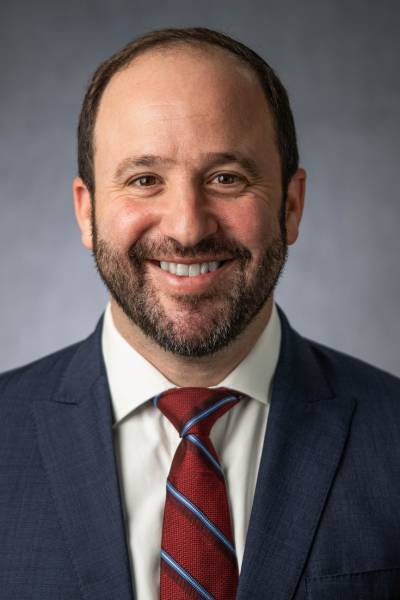Anticipated Pay Raise for Federal Workers in 2024
As the end of 2023 rapidly approaches, millions of government workers wonder what the federal pay raise will be for 2024. The federal pay raise in 2024 will likely be 5.2% for most government workers. However, certain contingencies may make it higher or lower. Read on to learn about the federal pay raise in 2024, including its effective date and the effect of the continuing resolution. Understanding How Federal Pay Raises Work To explain the upcoming pay raise, we need to explore the history of the federal pay raise process. According to various sources, federal employee pay has lagged behind the private sector for decades. In 1990, Congress passed the Federal Employees Pay Comparability Act (FEPCA). This law aimed to close the pay gap between federal employees and their private-sector counterparts. It employed several mechanisms to achieve this balance. For one, it established locality pay so employees in higher-cost areas could receive additional pay. FEPCA also mandated an annual survey of private-sector pay to compare with federal salaries so that federal income continued to match the market. Critically, FEPCA states that federal pay will automatically increase to match private-sector pay unless the President proposes a different pay raise amount because of an “economic emergency.” Congress can either alter the President’s proposed raise or remain silent, allowing the President’s proposal to take effect. Ever since FEPCA took effect in 1994, every president has annually used a minor provision within the law to prevent federal pay from fully catching up to private-sector pay. Specifically, the President claims that an “economic emergency” affecting the general welfare dictates implementing a different pay increase. Congress generally defers to this claim. Why the Federal Pay Raise in 2024 Will Likely Be 5.2% With inflation raging in 2023, several members of Congress introduced the FAIR Act, which would have raised federal worker pay by 8.7%. However, Congress has failed to act on the bill and seems unlikely to do so in the near future. President Biden announced a 5.2% average pay raise for federal employees in August. This pay raise consists of a 4.7% increase for all federal employees and an approximately 0.5% increase in locality pay. A few employees may get slightly more than this amount because the Office of Personnel Management (OPM) is creating several new locality areas. The effective date for the federal pay raise in 2024 is January 14th. This pay raise year’s scheduled salary rate is applicable, excluding the locality-based comparability payment. What’s the Relationship Between the Federal Pay Raise in 2024 and the Current Continuing Resolution? Given the recent dysfunction in Congress regarding the continuing resolution, many government employees wonder how the budget situation will affect their pay raise. The good news is that the continuing resolution will not affect the government employee pay raise. This is because the continuing resolution is effective until late January 2024. Furthermore, the resolution does not discuss the federal pay raise, so President Biden’s proposed raise will probably occur. However, the situation after the new year is still unclear. The continuing resolution funds part of the government until January 20, 2024, and another part until February 3, 2024. What occurs after that time is anyone’s guess. If a shutdown occurs, most government employees will likely see a temporary loss of pay. Is There a Federal Pay Raise 2024 Calculator? Several online calculators help you predict your pay rate in 2024. That said, you can easily calculate your 2024 pay by multiplying your current pay by 1.052. You can multiply it by 1.087 to understand how your pay under the proposed FAIR Act would compare. Am I in a Locality Pay Area? As of 2024, the country will have 54 locality pay areas. These include the following areas: Most major cities have their own locality pay area. The highest locality pay is currently the San Jose-San Francisco-Oakland, CA area. Questions About Your Federal Pay or Benefits? We Can Help. Federal pay is a surprisingly tricky topic to understand. Yet, it pales compared to other federal employment issues like disability, retirement, employment discrimination protections, and Title 38 rights. At the Federal Employment Law Firm of Aaron D. Wersing, PLLC, we love helping our clients make sense of their rights and responsibilities. We practice exclusively on federal employment issues, so we have ample experience deciphering even the most complex topics. Give us a call today, or get in touch with us to set up an initial consultation.
Read More








)
)
)